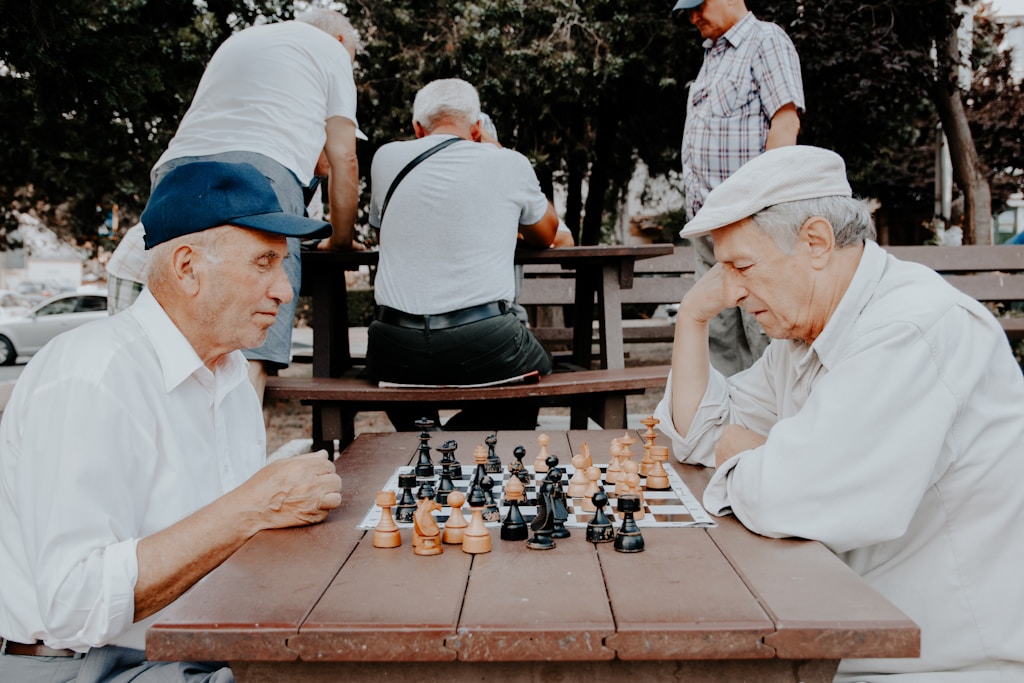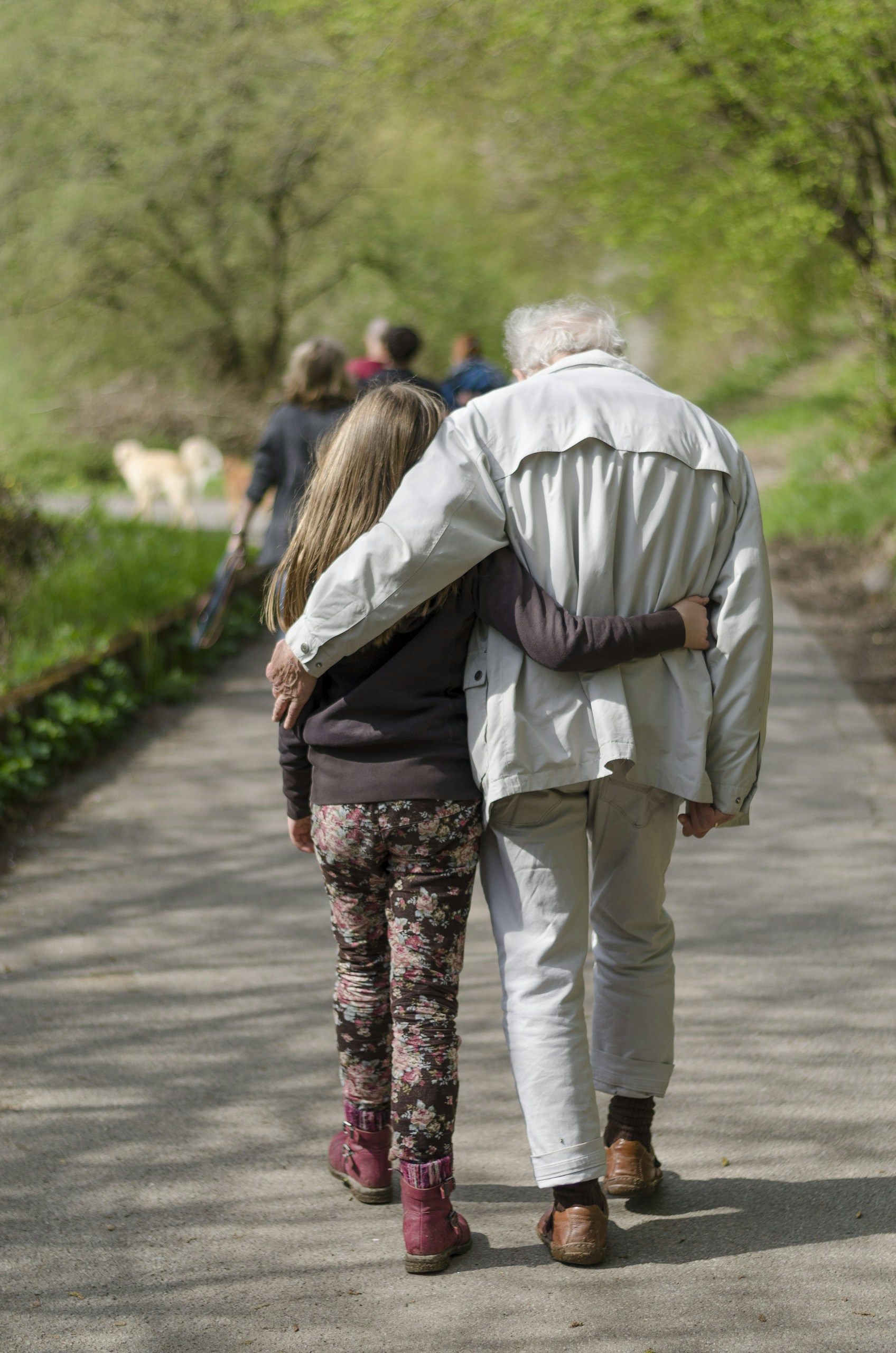Table of Contents
Today we wrap up the series on aging in place and the four pillars of a healthy lifestyle for the elderly. In previous weeks we have looked at exercise and activity, diet and nutrition, as well as social interaction and community. Today we take a look at the fourth pillar: energy conservation and lifestyle adaption.
Aging doesn’t have to mean your loved one can’t do the things they enjoy anymore. But thriving in the golden years, does mean making choices about how to allocate your energy. Saying no to things that decrease your energy level and increase fatigue.

The beauty of understanding energy conservation is how it can greatly enhance daily function. By strategically managing energy, seniors can:
Common Misconceptions
There are several myths surrounding elderly activity levels. Some believe that seniors should remain constantly active to maintain health, while others think they should minimize all exertions. The truth lies somewhere in between. Rest is as valuable as activity, and recognizing when to engage in either is the key to balanced living.

Prioritizing Activities: For seniors, not all activities hold equal significance. It's essential to discern which ones bring joy and which ones might be unnecessarily draining. This doesn’t mean eliminating activities but reshuffling them. Perhaps morning hours, when energy levels peak, can be reserved for cherished hobbies, while afternoons can be for relaxation and evenings for social interactions.
Balancing Activity and Rest: Understanding the body's signals is crucial. Interspersing periods of activity with rest can prevent fatigue and burnout. Scheduled breaks, even if brief, can be rejuvenating, allowing seniors to dive back into their tasks with renewed vigor.
Optimizing the Living Environment: The home should aid in energy conservation rather than increasing exertion. Think ergonomic furniture that supports posture, easily accessible storage solutions, and clutter-free spaces that are easy to navigate. Simple adaptations, like handrails in bathrooms or a ramp at the home entrance, can be game-changers.

The Role of Routine: Establishing a daily rhythm that matches a senior’s energy levels can be transformative. This might mean waking up with the sun, enjoying mid-day siestas, or setting a consistent bedtime. Routines offer predictability, making energy management more intuitive.
Adaptive Tools and Equipment: Innovation has blessed us with a wide variety of tools designed to aid daily tasks. From jar openers, extended reachers, to mobility aids, these devices can significantly reduce physical strain, ensuring tasks are performed efficiently and safely.
Staying Active within Limits: Physical activity remains essential. But instead of intense workouts, gentler activities can be more suitable. Practices like tai chi, yoga, or even short neighborhood walks can provide the benefits of exercise without depleting energy reserves.

Caregivers, whether family or professionals, play a pivotal role in helping seniors navigate their energy landscapes.
Observing and Adjusting: Being attuned to the senior's needs and noticing signs of fatigue can be invaluable. This awareness allows caregivers to suggest timely breaks or even reschedule activities when necessary.
Open Conversations about Energy: An open dialogue can help. Seniors should feel comfortable expressing when they're feeling drained and when they're up for activities. This removes any guilt or reluctance associated with needing rest.
Educate and Collaborate: Staying aware of the latest tools and strategies for energy conservation ensures that seniors get the best care. Involving them in decisions regarding their daily routines fosters a sense of autonomy, making them active participants in their journey of graceful aging.
In closing, taking steps to manage and conserve energy is essential for seniors wishing to live their best life at home. It's all about balance - enjoying activities, taking breaks, and making smart choices in daily routines. Caregivers play a key part in this, helping seniors find that balance. With the right strategies, seniors can enjoy their daily tasks and moments, making the most of each day.
That's all for today.
Take care, keep mom safe at home and have a great day!
Winn